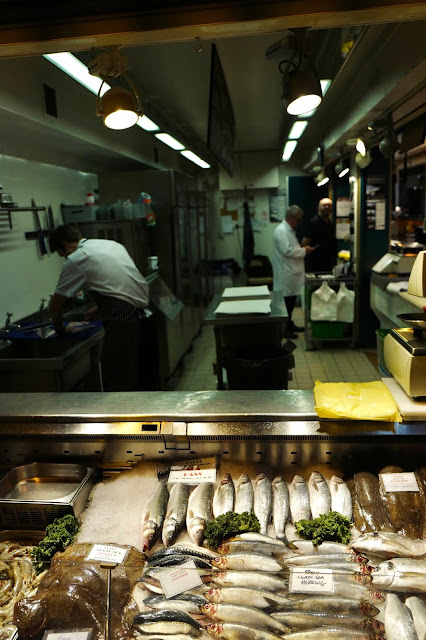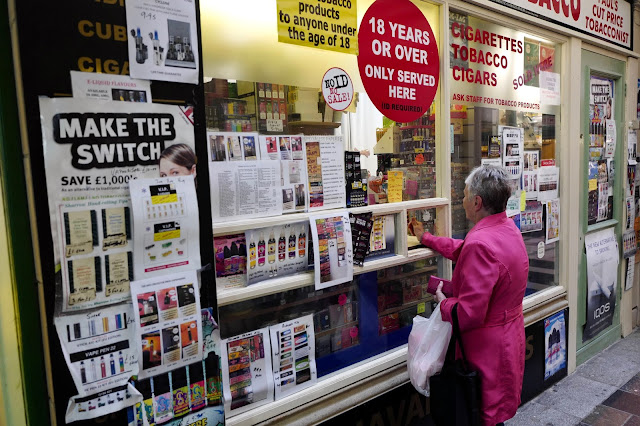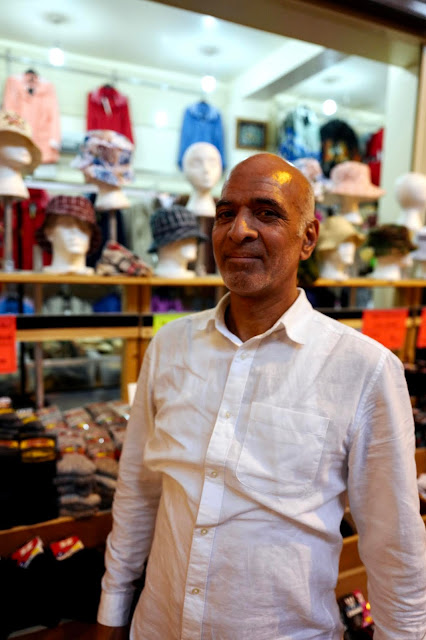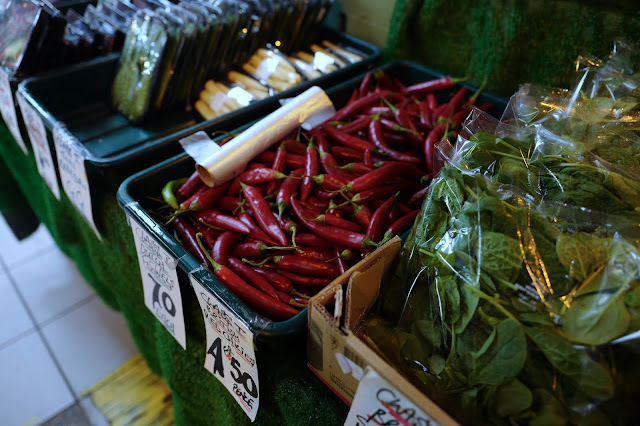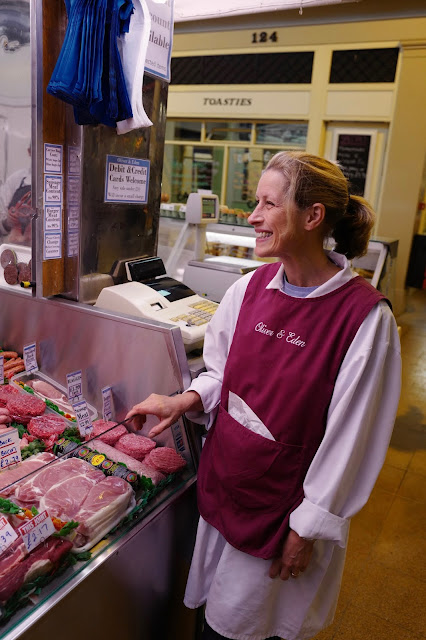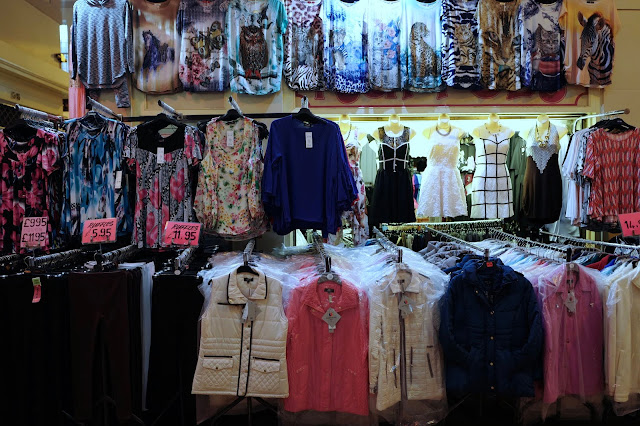Our short break in Newcastle provides the perfect opportunity to revisit a favourite place in my home town.
The Grainger Market, built in 1835, continues to change and evolve. I take a deep breath, dive in and remember. The bustling throng, the smells and sights. Fresh-blooded meat, the Monday morning game hanging from the rafters, the rich citric scent from the greengrocers' stalls. I'm twenty-one again, just starting out. No more than a fresh-faced boy, but newly married. My briefcase bulging with court papers as I call in to the market on my way down to the Law Courts. I don't have much to spend, but the Grainger has everything we need.
I used to buy the cheapest cut of meat I could find. Neck end of lamb. And my new bride transforms it in a pressure cooker, with tinned tomatoes, onions, potatoes and a spoonful of mint sauce into the finest feast I can imagine.
The market has moved on. There are just a few butchers left, a few greengrocers but no fresh-killed game hanging from the rafters. Instead it's a dizzying cosmopolitan mix of fast-food. Japanese dumplings, Turkish trotters, Italian pizza, burgers and sausages, all jostling for attention.
But one thing hasn't changed - the friendly welcome. Every market trader I speak to is happy for me to take photographs, open to share their stories. Thank you to each and every one of you, and especially to the kind butcher who shared five minutes from his busy day to talk about the past. Hope you still sell neck-end of lamb ...




